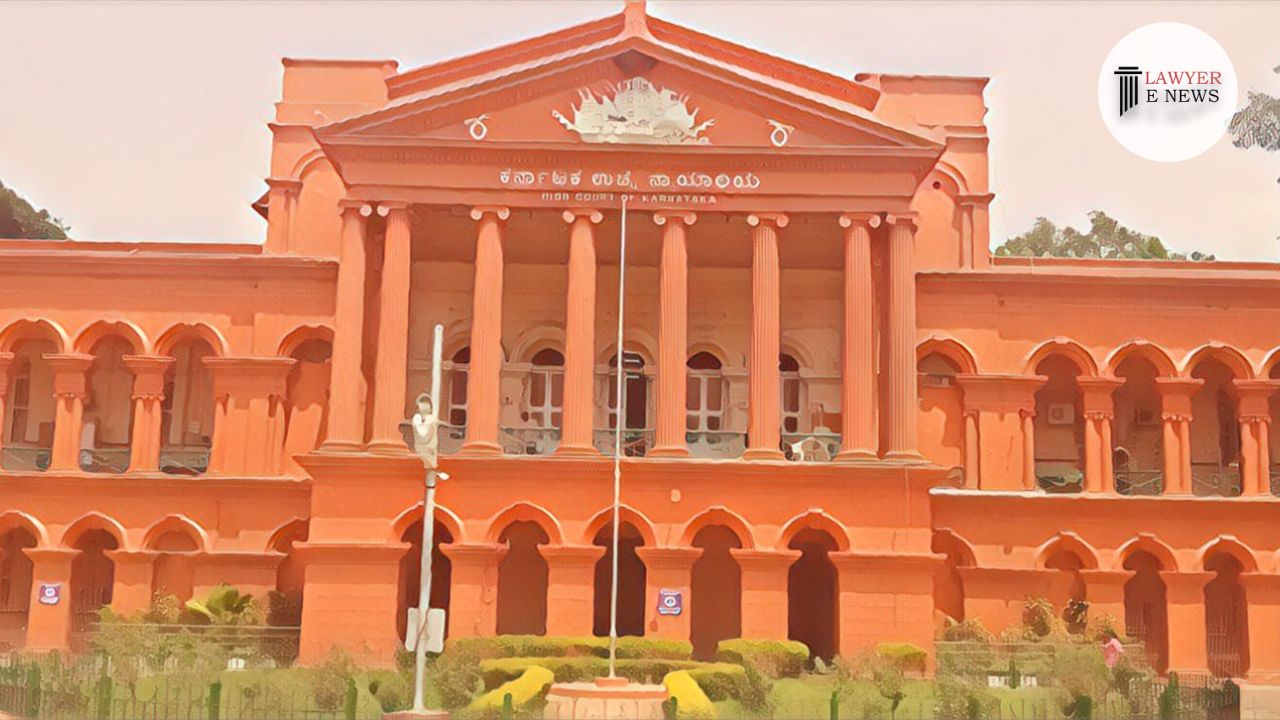-
by Admin
15 February 2026 5:35 AM



The High Court of Karnataka has upheld the order of the Civil Judge and JMFC, Huvinhadagali, in a case involving the dishonor of a cheque under Section 138 of the Negotiable Instruments Act, 1881 (NI Act). The judgment, delivered by Justice Shivashankar Amarannavar, dismissed the petition seeking to quash the order and ongoing criminal proceedings, reinforcing the legal standing of complaints filed by sole proprietors of proprietary concerns.
The petitioner, Shri Baburao S/o Hemachandrappa Kalal, a businessperson from Haveri, challenged the order of the Civil Judge and JMFC, Huvinhadagali, dated July 18, 2018, in C.C.No.407/2018. The case originated from a complaint filed by Shri S.M. Ravindrashetty S/o Narayanashetty, also a businessperson, regarding the dishonor of a cheque issued by the petitioner to Sri Vasavi Traders, a proprietary concern owned by the respondent.
Maintainability of Complaint by Proprietor: The core issue addressed was whether a complaint for cheque dishonor could be validly filed by the proprietor of a proprietary concern. The petitioner contended that the complaint should have been filed by Sri Vasavi Traders, the payee on the cheque, and not by the respondent in his personal capacity. However, the respondent argued that as the sole proprietor of Sri Vasavi Traders, he was legally entitled to file the complaint.
Legal Precedents: Justice Amarannavar cited several precedents to support the decision. The court referenced the Supreme Court's ruling in Raghu Lakshminarayan v. M/s Fine Tubes (AIR 2007 SC 1634), which established that a proprietary concern is merely the business name under which the proprietor operates. Similarly, in M/s Shankar Finance and Investments v. State of A.P. (AIR 2009 SC 422), it was held that complaints under Section 138 NI Act can be filed by the sole proprietor of the proprietary concern.
Definition and Jurisprudence: The judgment elaborated on the definitions and jurisprudence surrounding proprietary concerns, stating that a proprietorship is not a separate legal entity but is synonymous with the proprietor. Hence, the legal and financial responsibilities lie solely with the proprietor, and they are entitled to initiate legal proceedings.
"The proprietary concern is not a legal entity or juristic person unlike partnership firms or companies, which are created under specific acts. Therefore, the complaint filed by the proprietor of Sri Vasavi Traders is maintainable," the court noted.
The High Court's ruling reinforces the legal principle that sole proprietors can file complaints for offenses under Section 138 of the NI Act. This decision underscores the judiciary's recognition of the unique nature of proprietorships and their representation in legal proceedings. By upholding the lower court's order, the judgment affirms the rights of sole proprietors in business disputes and ensures that procedural technicalities do not impede the course of justice.
Date of Decision:March 19, 2024
Shri Baburao v. Shri S.M. Ravindrashetty
